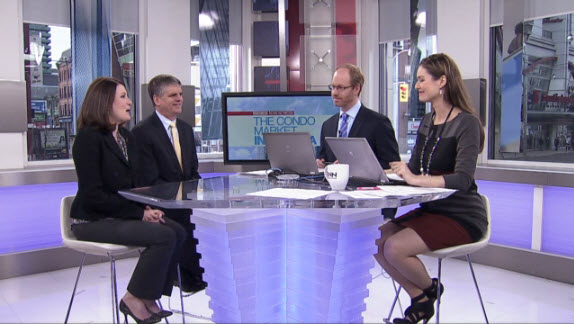Chinese investors still attracted to Vancouver and Toronto’s housing markets
Wednesday, February 29th, 2012If you thought Chinese investors were starting to lose interest in Canadian real estate, think again.
According to a new report, both Vancouver and Toronto are forecast to be this year’s most popular destinations for Chinese overseas property investment.
“Buying sentiment for overseas properties among Chinese mainland investors has been gaining strong momentum over the past few years,” said Derek Lai, director of international properties for Colliers International real estate services and the author of the report. “To date, about 20% to 40% of the foreign property investors in these destinations are from the Chinese mainland.”
The report goes on to cite Vancouver’s Chinese population – what it pegs as 30% of city residents – as one of the driving factors for that investment choice.
Mainland Chinese investors are also lured by the Lower Mainland’s educational opportunities and proximity to home, according to Colliers.
Still, Canada’s two largest cities are facing some competition for Chinese investment, with London and Singapore rounding out the top four real estate destinations.
In the UK, rising property values and a very limited supply have accelerated the push into London, with Chinese investors now buying as much as 20% of all new builds.
Singapore’s low mortgage rates of 1.2% to 2%, relatively high and stable rental yields of around 5% and a transparent transaction system are responsible for attracting its share of mainland Chinese interest, according to the Colliers report relying on both interviews and investment declaration states.
In Canada, Vancouver’s appeal helped to drive up price gains in large parts of the Lower Mainland last year, with domestic investors concerned another year of strong transaction growth could present a real challenge to their own acquisition plans if sellers continue to hold out for well-heeled foriegn buyers. Many have only begun to lower their asking prices to meet the current market realities; ie, more supply than demand.
That said, there has been some movement.
The dollar value B.C. properties sold in January dipped 7.6% to $2.1 billion, compared to the same month last year. The average MLS residential price was 3.8% lower at $527,219 compared to January 2011.
Source: Vernon Clement Jones, Canadian Real Estate Wealth




